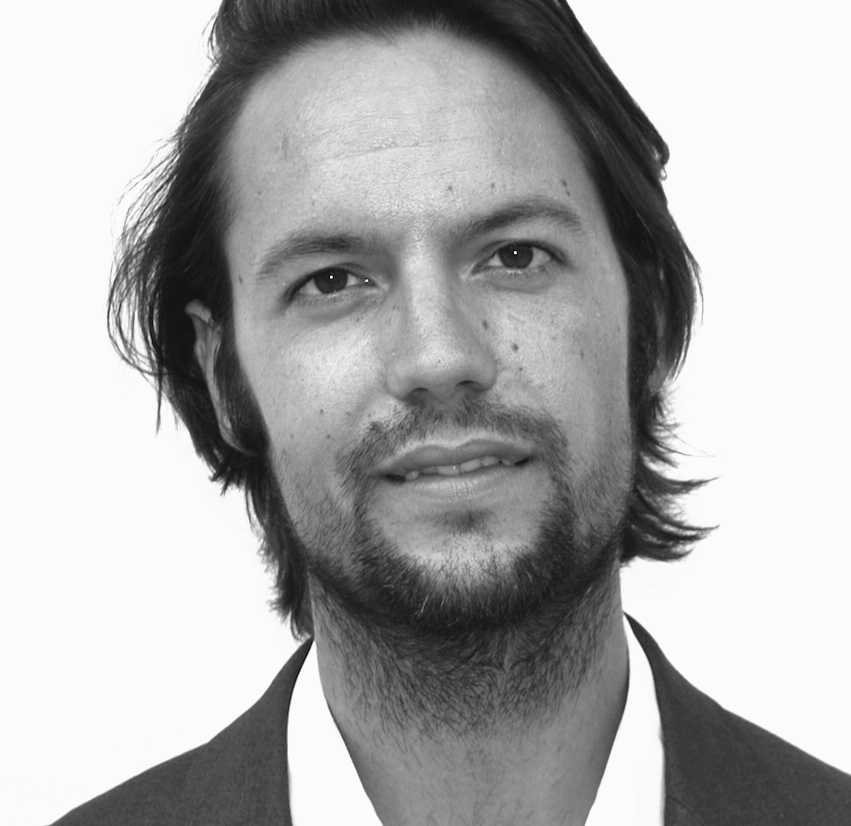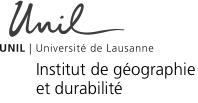
University of Lausanne
Institute of geography and sustainability
Mouline - Géopolis 3517
CH-1015 Lausanne
Presentation
Jean Chamel is an anthropologist, senior researcher and lecturer at the Institute of Geography and Sustainability (IGD) at the University of Lausanne. In 2018, he defended a thesis at the University of Lausanne on the discourses and practices of the precursors of collapse theories and "collapsology", published in 2024 under the title "Fin du monde et effondrement de soi. Enquête aux racines de la collapsologie" (UGA Éditions). Examining the links with the older counter-currents of modernity, she delved into the foundations of ecological thought. His research then focused on the global rights of nature movement, aimed at giving legal personality to non-human entities, with observations of ritual practices linked to the international movement for the rights of indigenous peoples. In this context, he co-edited with Yael Dansac "Relating with More-than-Humans. Interbeing Rituality in a Living World" (2022, Palgrave Macmillan).
He is now investigating, with a Spark funding from the Swiss National Science Foundation (SNSF), the perceptions of the effects of climate change on the high mountains and the new forms of sensitive, ritual and aesthetic relationships with them. Using micro-phenomenological interviews, he is particularly interested in the verbalization of mountain experiences and attachments to specific places and entities. In 2024, with Nicolas Nova (HEAD Geneva), he launched "Glaciers ardents", an initiative aimed at creating a living archive of relationships built up with glaciers doomed to disappear.
He has taught at the Muséum National d'Histoire Naturelle, the University of Lausanne and the UNAM in Mexico City, and has been a researcher at the Muséum d'Histoire Naturelle in Paris, University College London and the Rachel Carson Center in Munich, with the support of the SNSF.
Originally trained as an engineer, Jean Chamel also holds a Master's degree in development studies from the Institut de Hautes Études Internationales et du Développement (IHEID, Geneva). He has worked for various United Nations agencies in Geneva and Rome, and specializes in the treatment of skills issues (Life Skills, Skills Development) linked to international cooperation, as well as in the analysis of global public policies linked to the environment and sustainability.
